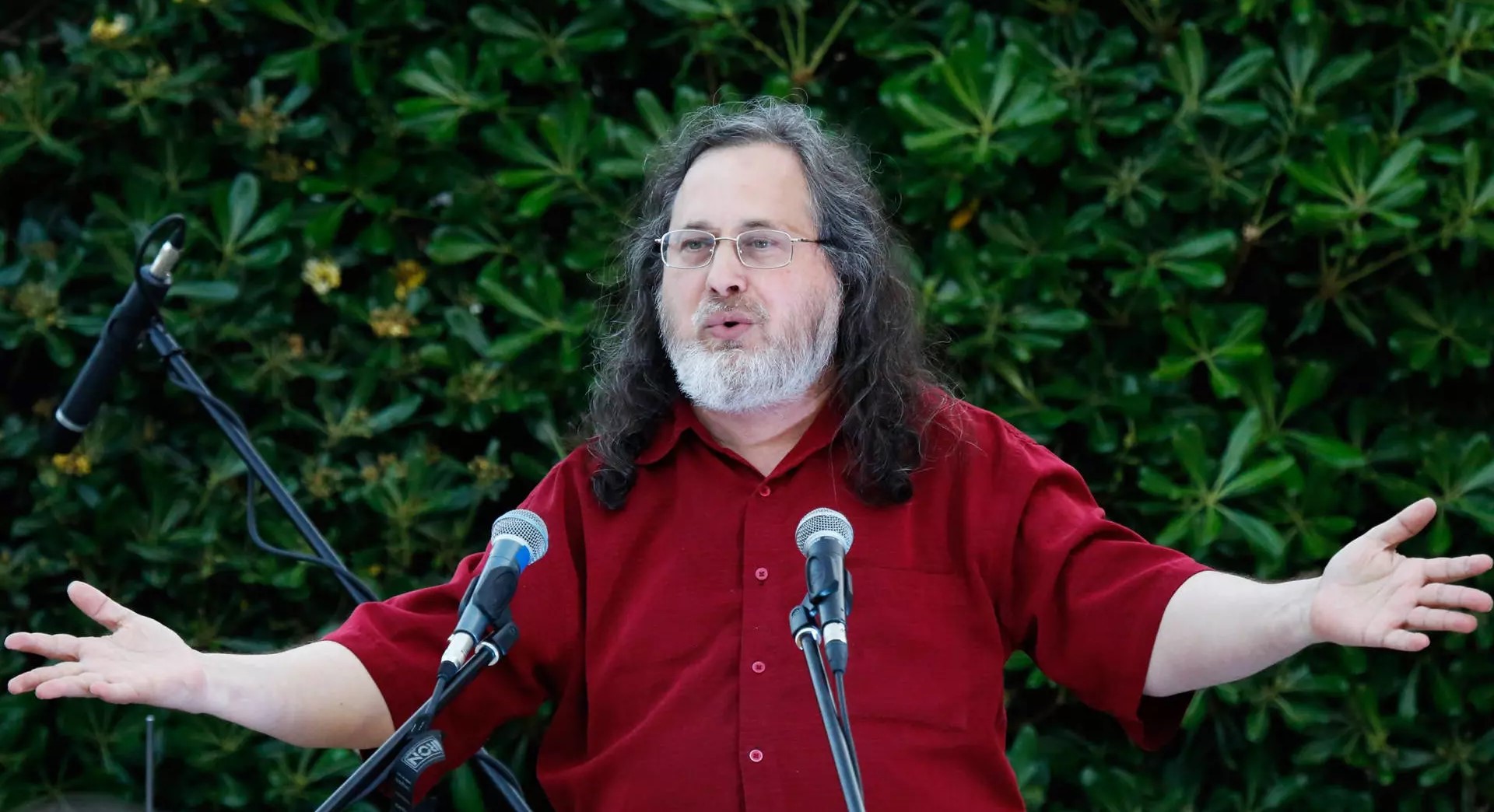He devoted his life to popularizing free software: Who is Richard Stallman?
He is a computer scientist, programmer, and free software activist who has made great contributions to computers reaching this point today. He prevented the capitalist system from writing the worst scenario in computer software.

He laid the foundations of free software and founded the Free Software Foundation. This foundation prevents software monopolization and software from being under the closed control of a few groups.
Short life story
Richard Stallman (born March 16, 1953) is an American free software activist, systems expert, and software developer. He is the founder of the GNU Project and the Free Software Foundation.
In September 1983, he launched the GNU Project, a collection of free software that includes all the software required for an operating system except the operating system kernel, with the aim of creating a Unix-like operating system.
Richard Matthew Stallman (born March 16, 1953), also known by his initials, rms, is an American free software movement activist and programmer. He campaigns for software to be distributed in such a manner that its users have the freedom to use, study, distribute, and modify that software. Software that ensures these freedoms is termed free software. Stallman launched the GNU Project, founded the Free Software Foundation (FSF) in October 1985, developed the GNU Compiler Collection and GNU Emacs, and wrote all versions of the GNU General Public License.
While he was working on AI (Artificial Intelligence) at MIT in the late 1970s and early 1980s, his rebellion against his colleagues closing the source codes of the software they developed for commercial purposes continues to this day. The aim of the advocated free software is that the software can be accessed, developed, and used by everyone.
On September 16, 2019, Richard M. Stallman, founder and chairman of the Free Software Foundation, resigned from the chairman and board of directors.
Free Software and Richard Stallman
According to Stallman, hiding software codes caused many problems. The most common of these was when a company or individual bought open-source software, made a few changes, then closed the source code and used it for commercial purposes. Since such a cycle could lead to all developed software in the world becoming closed source over time, Stallman directed his hacker activities and energy at MIT to free software advocacy.
The free software that Stallman advocated was actually already implemented in many other parts of the world. BSD, created at the University of California, Berkeley, is a prime example of this. BSD made the software it developed, including the codes that form the backbone of the Internet, such as the TCP/IP protocol suite, completely open to everyone.
Books
The Right to Read (1997)
Open Sources: Voices from the Open Source Revolution (1999)
Free Software, Free Society(2002)
Free as in Freedom(2.0) (2010)
Richard Stallman and the Free Software Revolution (2010)
GNU Manuals
